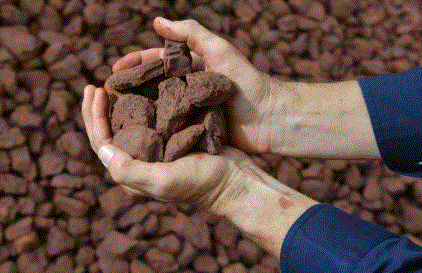Chinese futures slid at the start of the week as trade participants seek for clearer market directions.
The most-actively traded iron ore futures on the Dalian Commodity Exchange (DCE), for September delivery, went down by 2.21% to RMB 753.50 per tonne on Monday.
Likewise, the steel rebar contract on the Shanghai Futures Exchange also slipped by 0.25% day-on-day to RMB 3,620 per tonne.
Lesser demand for Carajas fines amid uncertainty
More Chinese steel mills were heard to decrease the blending ratio of Carajas fines in their blast furnace mix, due to concerns over supply uncertainty and higher prices.
Due to limited high-grade ores demand, some trade sources expect more Carajas fines will be used to blend BRBF rather than being sold to the seaborne market.
Going forward, most trade participants expect a catchup of Brazilian shipments during the second half of the year, as Vale reopened its Itabira mines and maintained its annual guidance unchanged for 2020 at 310-330 million mt.
More Indian ores for seaborne market
India’s iron ore exports doubled in May to meet rising China’s steel demand, according to data from SteelMint.
In May, India shipped 3.91 million mt of iron ore, more than double of April export at 1.6 million mt and a three-year high since Mar 2017.
Rising construction activities in China had supported high iron ore demand that encouraged more shipments for India iron ores for arrival in China.
Besides Indian iron ore, steel products like billets were also shipped to China through Indian ports like Visakhapatnam.
